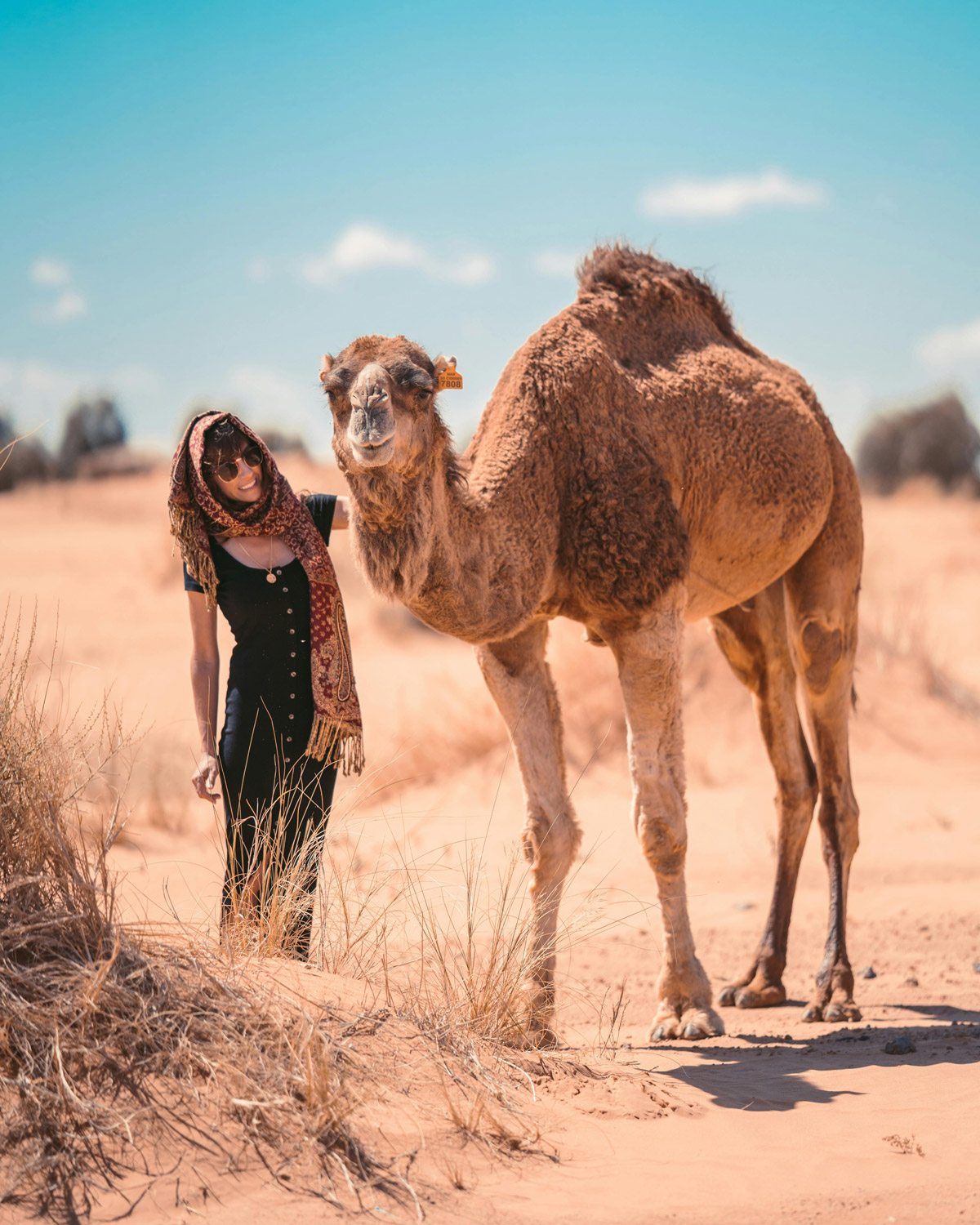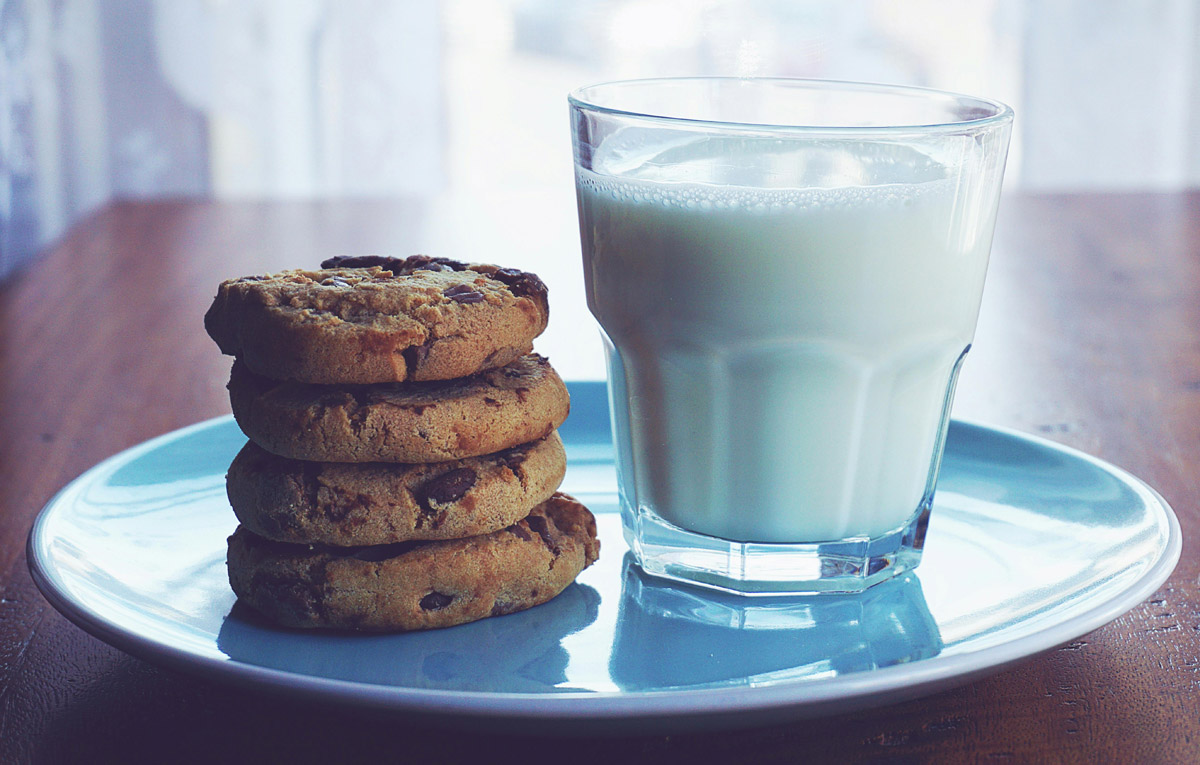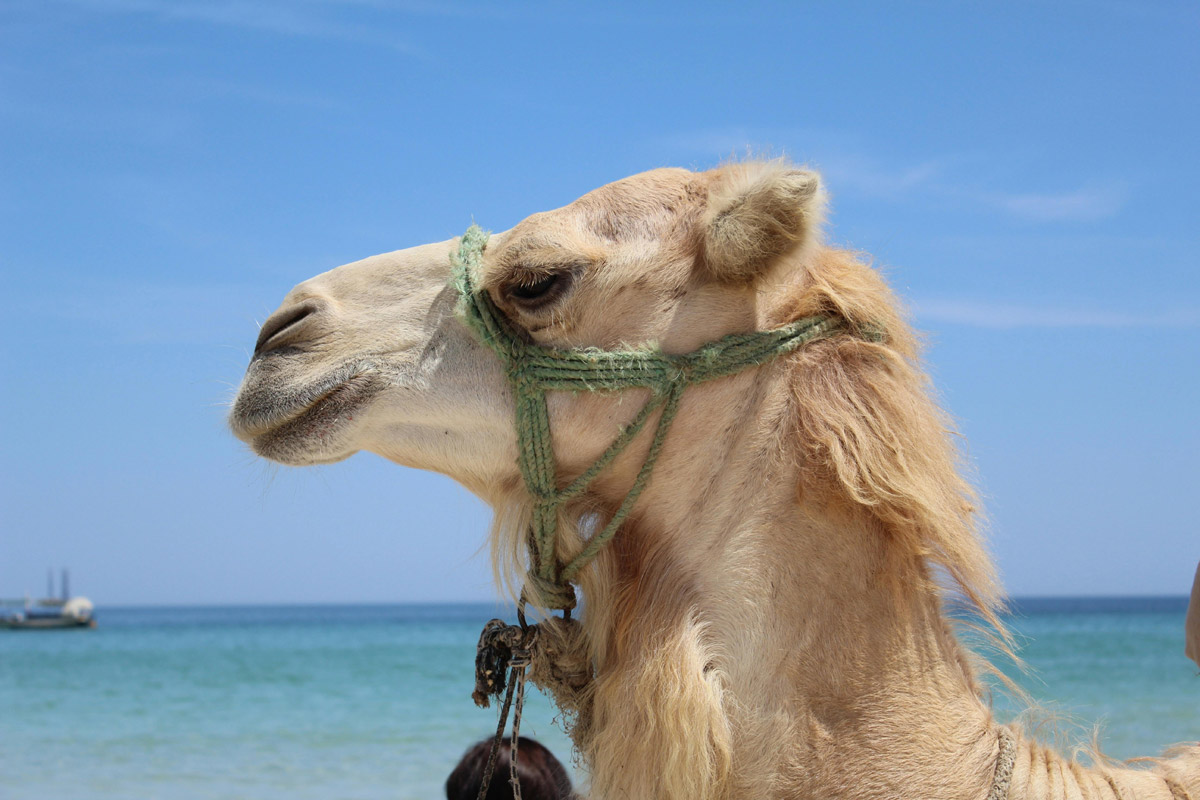
Good news for those of us who enjoy a little dairy but are concerned about the negative environmental impacts of cattle raising: there’s a new milk in town! Camel milk, that is, and new research suggests that not only is it less of a strain on the environment, but the chemical components of camel milk may even be better for human ingestion. Some of those components can work to strengthen the immune system, including potentially lowering the risk of cardiovascular disease. And as for allergic symptoms related to lactose intolerance, beta-lactoglobulin, “one of the major allergens in cow’s milk,” is not present in camel milk, thus making it less allergenic. So, should we really have been saying “beta-lactoglobulin intolerant” all these years, instead? I’ll let the scientists speak straight from the camel’s mouth:
Camel milk may be a healthier alternative to dairy milk, with researchers saying it contains fewer allergens and offers other health benefits.
“As camel milk lacks beta-lactoglobulin, it is potentially less allergenic,” says research published in the journal Food Chemistry. As the National Library of Medicine points out, beta-lactoglobulin — which is different from lactose — is “one of the major allergens in cow’s milk.”
“This is a good thing. We now know that camel milk has the potential to be hypoallergenic compared to cow’s milk,” PhD student Manujaya Jayamanna Mohittige of Australia’s Edith Cowan University, who conducted the research, said in a statement.
Camel’s milk also may have potential to boost the immune system and decrease the risk of cardiovascular disease. As Mohittige explains, it can “yield bioactive peptides which can have antimicrobial properties and anti-hypertensive properties.” These peptides may “selectively inhibit certain pathogens, and by doing so, create a healthy gut environment and also has the potential to decrease the risk of developing cardiovascular disease in the future.”
Camels are also hardier animals, able to survive in dry, acrid environments, the study points out, citing “the suitability of camel farming in climates that are unfavourable for traditional cattle farming.”
“Camel milk is gaining global attention, in part because of environmental conditions. Arid or semi-arid areas can be challenging for traditional cattle farming, but perfect for camels,” Mohittige said in the statement.
As for the taste, Redditors have compared it to a less-sour kefir — a fermented milk drink — saying it “would go good with tea or coffee.” And the owner of a camel farm in Pennsylvania told Penn Live that it tastes like “milk with a little bit of salt in it.” And while it’s “not quite as sweet as cow’s milk,” it’s creamier.
Well I’m sold! Not just because I’ve long been worried (more like scared-sh-tless) of the damage methane gas has been wreaking thanks to the amount of cattle farming done on this planet. And not only because it appears that camel milk simply sits better in our guts. What really seals the deal for me, is how comparatively exotic camel milk sounds as opposed to your run-of-the-mill cow milk. I like to march to the beat of my own timpani, so being among the first to waltz into my local Dunkin’ and order my iced coffee “with camel milk, please,” is just the sort of eccentric move I relish. Quite frankly, my only hesitation with getting excited about camel milk, is the sad reality that Robert F. Kennedy, Jr., he whose brain killed a hapless worm, may be confirmed this week to head the Department of Health and Human Services. Meaning we may have access to camel milk… but only unpasteurized, or “raw,” as RFK prefers it. Not to throw a big ol’ hump in the middle of this otherwise gastrically good news.
Photos credit: Taryn Elliott, Pixabay and Suzy Hazelwood on Pexels

